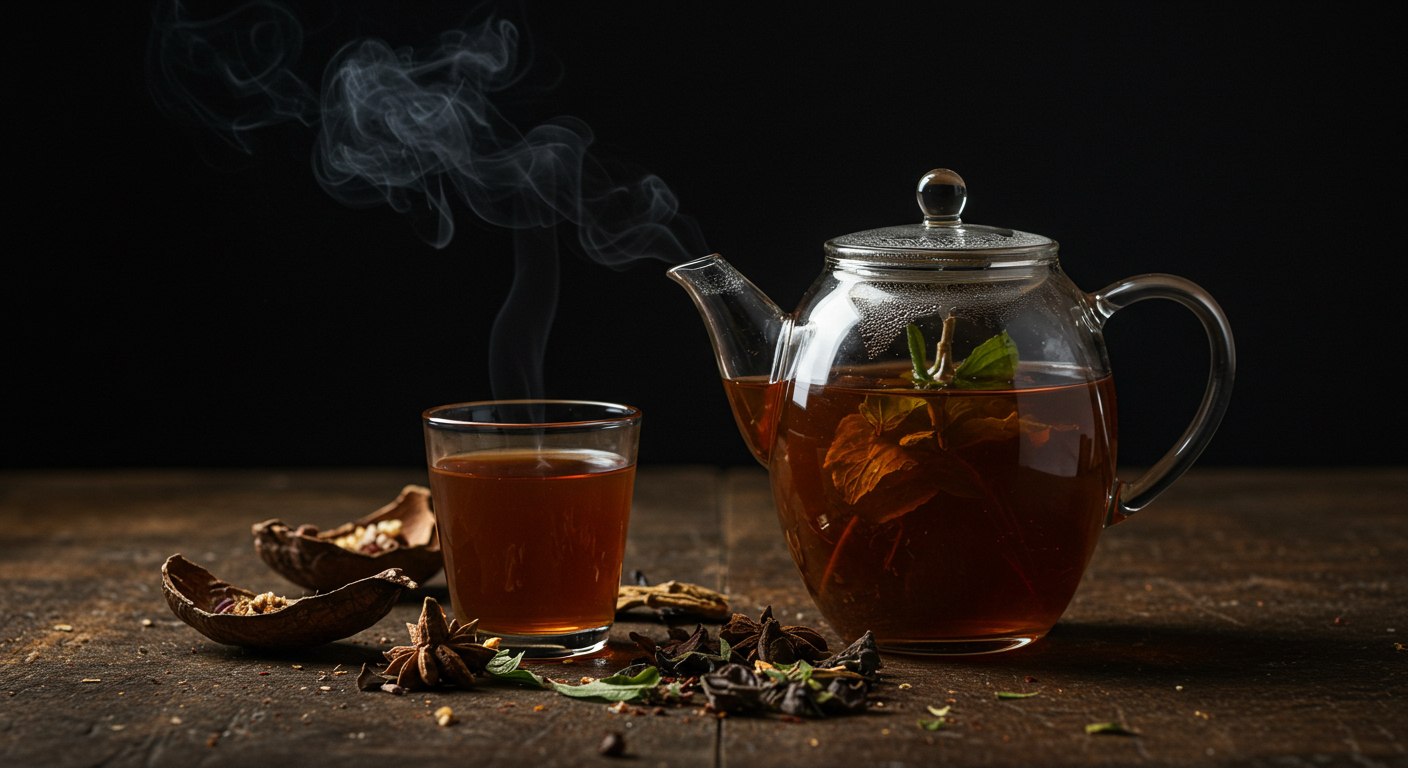In a world buzzing with artificial stimulants, urban stressors, and sleepless nights, many are returning to ancestral wisdom for holistic remedies. Among Africa’s most treasured traditions is the use of wildcrafted herbal teas—plants carefully harvested from their natural environments to offer healing, energy, and balance.
These teas are not just beverages; they are cultural rituals, spiritual connectors, and medicinal tonics that have soothed bodies and souls for centuries. As interest in natural wellness grows, African herbal teas are stepping into the spotlight for their powerful role in stress relief and energy restoration.
The Art of Wildcrafting
Wildcrafting is the process of ethically harvesting herbs from the wild. It’s a sustainable practice, often guided by deep ecological knowledge passed through generations. Wildcrafters know when to harvest, how to avoid overharvesting, and how to preserve the health of plant populations.
In African villages, elders and herbalists teach younger generations how to respectfully gather herbs—never taking too much, always giving thanks to the earth.
African Herbal Teas for Stress Relief
- Lippia javanica (Zumbani): Popular in Zimbabwe and parts of Southern Africa, this tea has a lemony taste and is used to calm nerves, reduce anxiety, and aid sleep.
- Buchu (Agathosma betulina): Indigenous to South Africa, buchu tea is anti-inflammatory and calming.
- Hibiscus (Zobo/Sobolo/Bissap): Known for its bright red color, this tea lowers blood pressure and helps relax the nervous system.
- Lemongrass: Ubiquitous across Africa, lemongrass tea reduces tension and soothes digestion.
- Chamomile (African varieties): Found in North African herbal traditions, it’s used as a sedative.
African Herbal Teas for Energy and Vitality
- Kinkeliba (Combretum micranthum): Common in West Africa, especially among the Fulani, it’s drunk at dawn to awaken the body and is rich in antioxidants.
- Moringa: Its leaves, steeped in hot water, produce a nutrient-dense tea that boosts energy.
- Ginger Root: Used continent-wide, ginger tea stimulates circulation and warms the body.
- Baobab Leaf Tea: Less known than the fruit, the leaves contain iron and magnesium—essential for energy.
- Soursop Leaf: While known for promoting sleep, it also supports immune strength.
Brewing Rituals
African herbal teas are often brewed with intention. In many cultures, tea time is spiritual:
- Use clay pots or calabashes to retain flavor.
- Boil slowly to extract the full essence.
- Drink in company, as communal tea drinking fosters connection.
In Yoruba culture, for instance, certain teas are brewed during prayers or rites of passage. In Ethiopia, herbal infusions accompany coffee ceremonies.
Integrating These Teas Today
With rising demand for natural wellness, African herbal teas are appearing in health shops globally. For urban Africans and diasporans, integrating these teas into daily life can:
- Replace caffeine with gentler energy sources.
- Provide adaptogens to regulate stress hormones.
- Create moments of mindfulness through the act of brewing.
Ethical Harvesting and Commercialization
As demand grows, the challenge is to preserve the integrity of wildcrafted herbs. Supporting small-scale African harvesters, encouraging fair trade practices, and educating consumers are essential.
Some organizations now train women’s cooperatives to cultivate wild herbs sustainably, ensuring income while protecting biodiversity.
Conclusion
Wildcrafted African herbal teas are more than trendy wellness products—they are a bridge to our ancestors, the land, and our own well-being. Whether sipped in solitude or shared in community, these teas remind us that healing is found not in haste, but in nature’s slow rhythm.
By embracing these traditional beverages, we honor the past while nurturing the future—one calming cup at a time.



